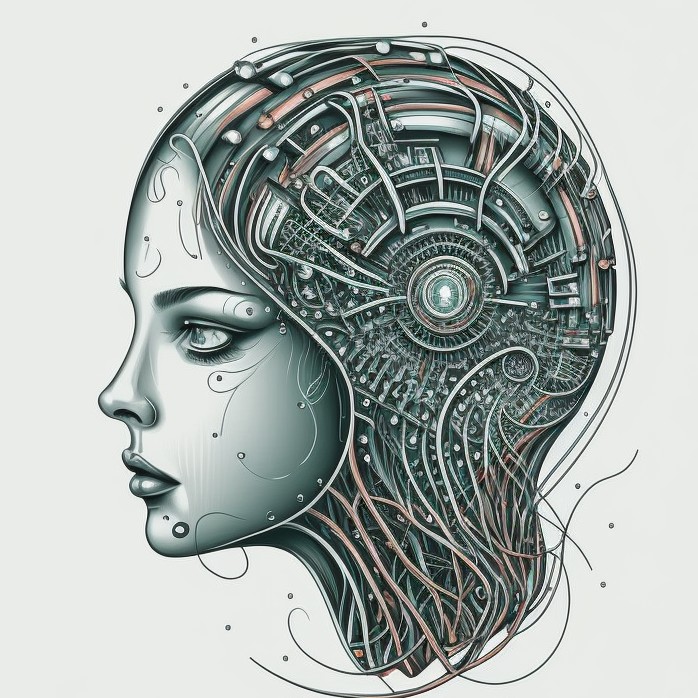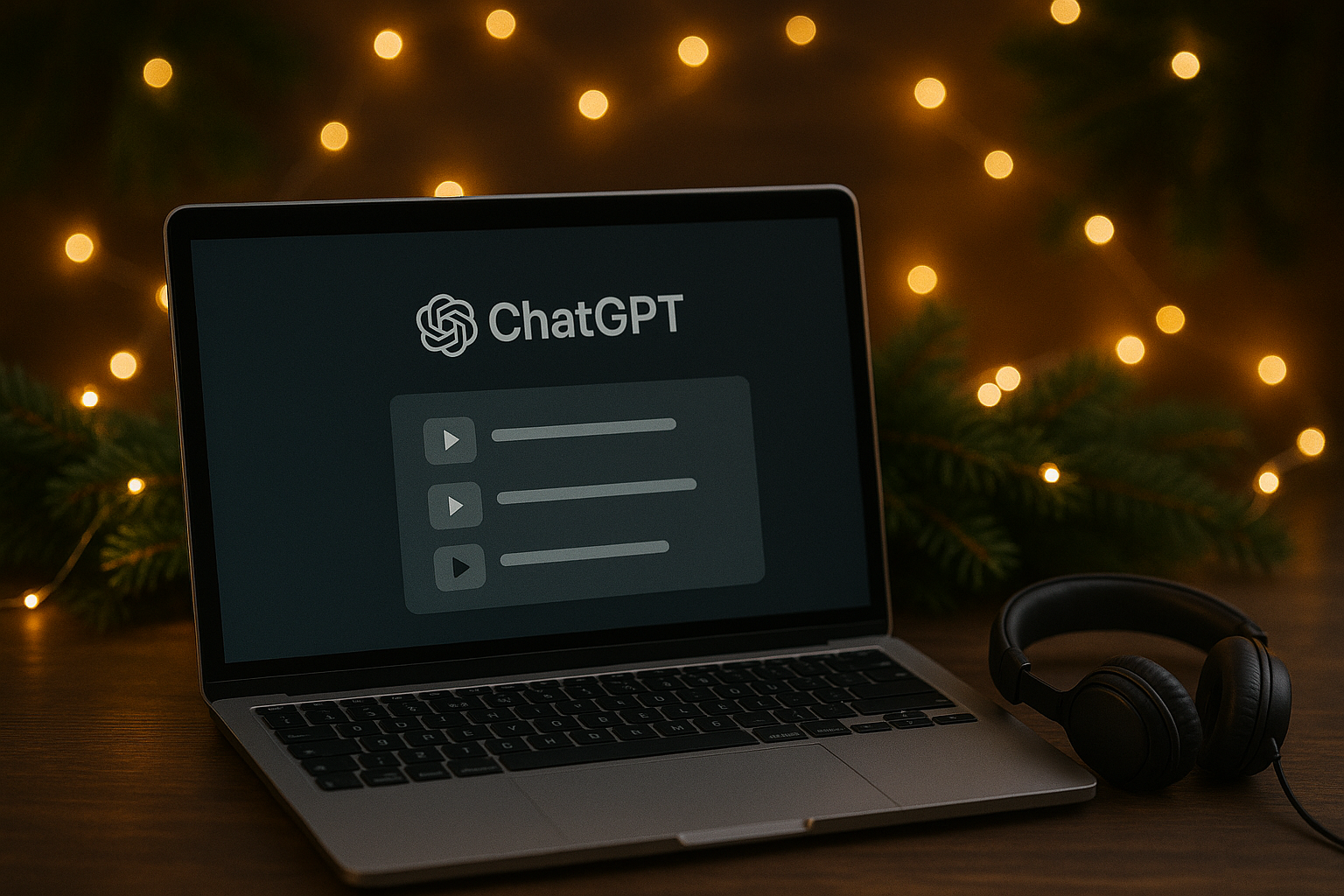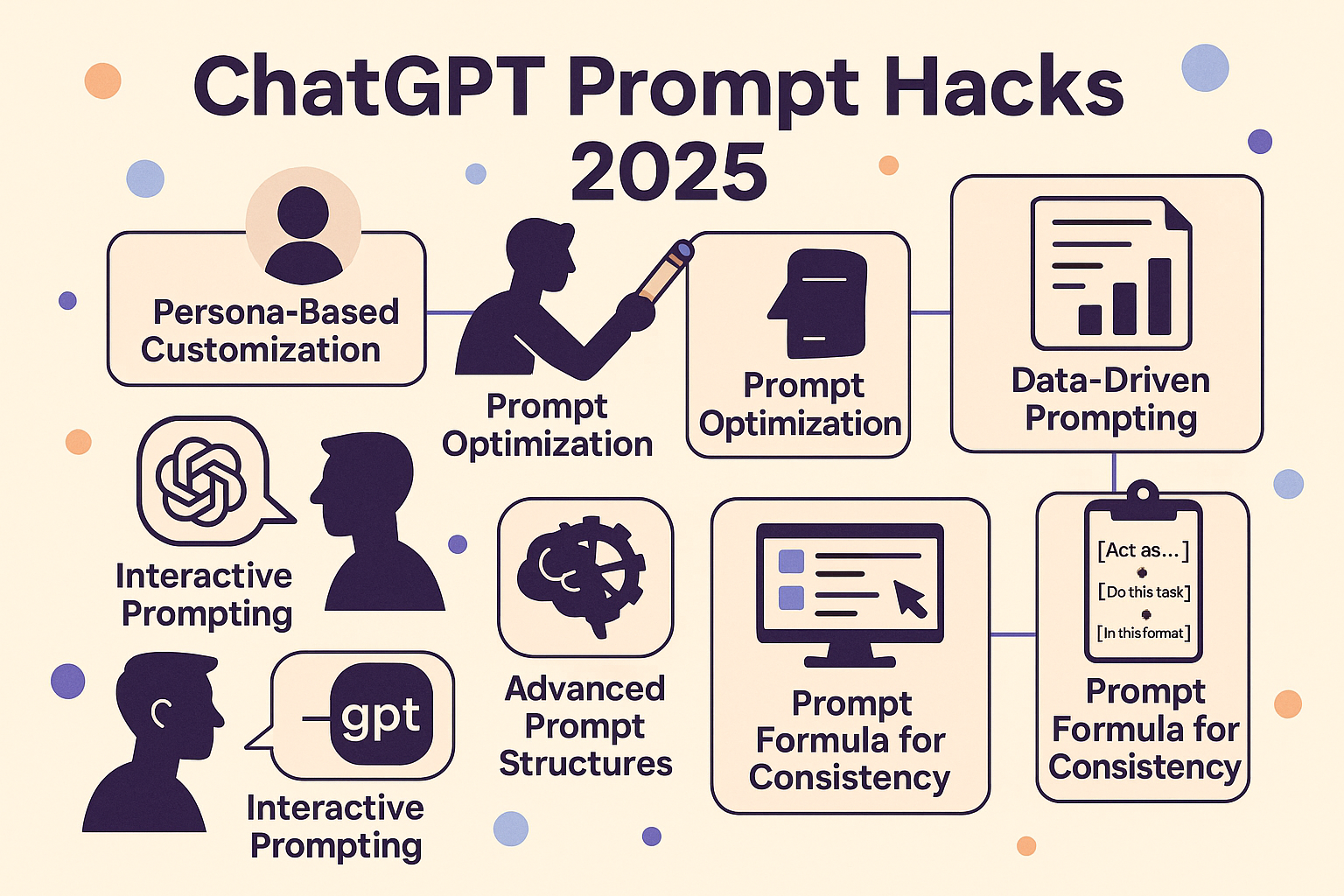ChatGPT, Bard, and LLaMA: A Comparative Analysis of AI Language Models
This is a subtitle for your new post

In the realm of Artificial Intelligence (AI), AI language models have emerged as game-changers. Among these, OpenAI's ChatGPT has garnered substantial attention. However, it's not alone in the field. This article will delve into a comparison of ChatGPT with other AI models, namely Google's Bard and Meta's LLaMA, offering a thorough understanding of their capabilities, applications, and performance.
Understanding AI Language Models
AI language models are sophisticated systems that comprehend and generate human language. They leverage vast data to simulate conversations that resemble human interaction. These models are instrumental in tasks such as translation, content creation, and query resolution. They stand apart from other AI models that are task-specific, such as image recognition.
Delving into ChatGPT
Developed by OpenAI, ChatGPT is a widely recognized AI language model designed for human-like interaction. It employs a transformer-based architecture and is trained using Reinforcement Learning from Human Feedback (RLHF). ChatGPT's unique features include its ability to engage in conversations across a variety of topics, generate detailed responses, and create creative content. It can answer questions, write essays, summarize texts, and even create poetry. It's also capable of learning from its interactions, which allows it to improve its responses over time. However, it does have limitations, such as occasionally generating incorrect or irrelevant information and struggling with nuanced or complex queries.
Exploring Bard
Bard, an AI language model developed by Google, has gained acclaim for its ability to generate text that closely resembles human writing. Bard employs a transformer-based architecture, complemented by machine-learning algorithms. Its unique features include the creation of dynamic narratives, understanding context, creativity, and maintaining conversational flow. Bard is particularly useful for tasks that require a high level of creativity, such as writing stories or scripts. It's also capable of understanding the context of a conversation, which allows it to generate responses that are relevant and coherent. However, Bard can sometimes produce content that is off-topic or less coherent and may struggle to maintain a consistent tone in lengthy narratives.
Introducing LLaMA
Meta's LLaMA is a generative AI model, specifically a Large Language Model (LLM). It supports 20 languages, which is fewer than PaLM 2's 100 and GPT-4's 26. However, it's worth noting that LLaMA 2 performs slightly below GPT-4 and PaLM 2 in benchmarks. LLaMA is designed to understand and generate text in multiple languages, making it particularly useful for tasks that involve translation or multilingual communication. It's also capable of learning from its interactions, which allows it to improve its responses over time.
Direct Comparison: ChatGPT vs Bard vs LLaMA
When comparing these AI language models, it's important to consider their unique strengths and weaknesses. Bard tends to be more creative in storytelling and narratives, while ChatGPT excels in conversational flow across a wide range of topics. LLaMA, on the other hand, is less powerful than GPT-4 and PaLM 2 but is still a robust model in its own right.
Alternatives to ChatGPT, Bard, and LLaMA
There are several other AI language models that serve as alternatives to ChatGPT, Bard, and LLaMA. These include Microsoft Bing AI, which provides deep contextualized word representations and excels in understanding context and improving semantic accuracy. ChatBABU is another alternative that provides a cost-free solution for generating text, stories, essays, and more. Chatsonic is a dynamic alternative powered by the GPT-4 model with extensive knowledge in various subjects.
Conclusion
As AI language models continue to evolve, so will ChatGPT, Bard, and LLaMA, enriching our interactions with technology even further. However, it's crucial to consider the potential drawbacks of these models, including bias, generating incorrect or offensive content, and privacy concerns. Responsible use of AI models is essential to mitigate risks and ensure positive results.



